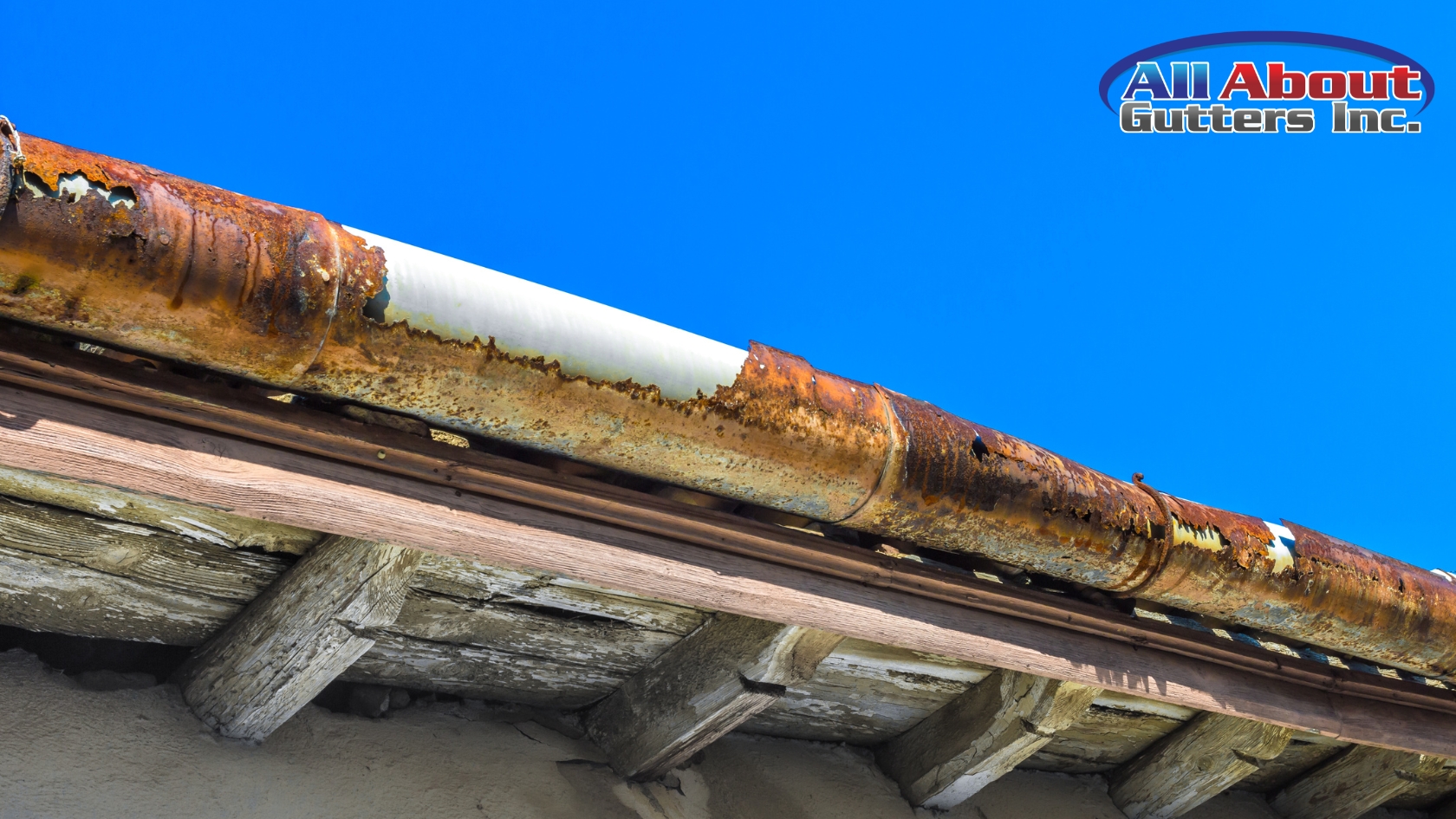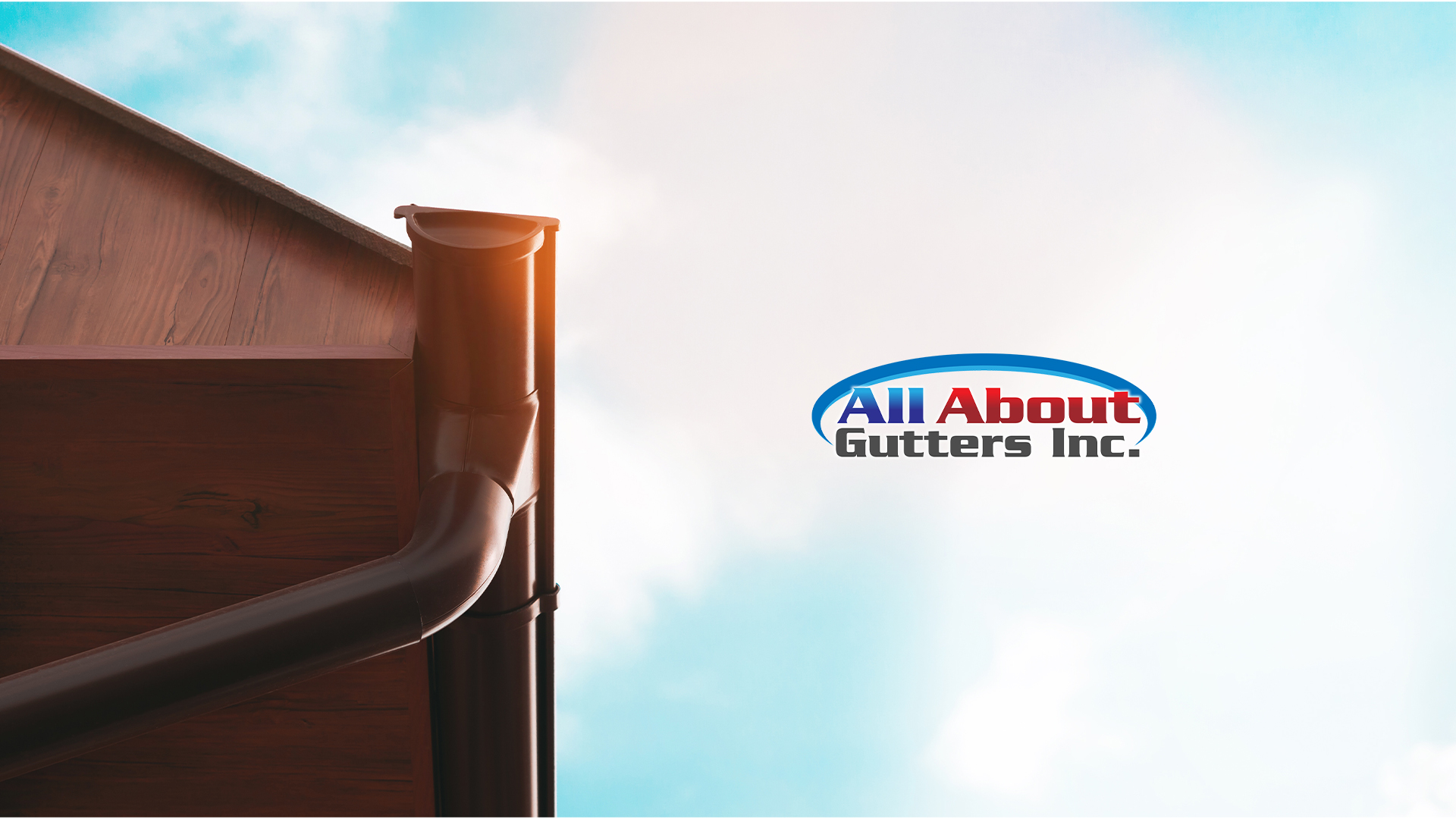Old Gutters: Better to Repair or Replace?
Periodic maintenance
of gutters, downspouts, and flashings often allow you to avoid problems
that can also prove to be very costly. Even just letting dry leaves, dust and
dirt settle on the gutters can give rise to the problem of water infiltration,
which in the long run can seriously damage the cornices and facades of the
building. Regularly cleaning the gutters allows you to notice in time small
damages that can still be repaired, thus facing a higher expense.
Why are gutters
important?
Any type of building without gutters would have serious
infiltration problems and would certainly not have a good look: the water would
go down the walls going to affecting the foundations, in the long run, causing
the emergence of various stains and causing various damages to the surrounding
areas.
Gutters are indispensable for these reasons, but they must be in good condition to best function.
- What are the signs that should not be underestimated?
- Leaks from gutters and downspouts
- Water splashing out in some places of the gutters
- Water dripping on the outer walls
- Internal walls are damp and with mold stains
When do you need
to replace the gutters?
We have clarified how essential gutters on roofs are and how
important it is to maintain them to avoid incurring irreparable and costly
damage.
The gutters, arranged around the perimeter of the slightly
sloping roof to direct the rainwater towards the downspouts, must ensure that
the water does not escape. If they no longer protect the building from
rainfall, they must be replaced.
Here are some
cases where the only possible way is to replace the gutters:
While not obstructed, the gutters overflow: this means that
wider gutters and larger downspouts need to be installed;
From the joints of the gutters, leaks can be deduced: a
repair with an adequate sealant could be enough, in the case in which, however,
the situation is critical they must be changed;
Too harsh a winter or the weight exerted by fallen snow can
sink and irreparably deform the gutters, which, no longer having the required
slope, are unable to lead the water to the downpipes and must be replaced;
Therefore, it is not possible to establish a precise
deadline within which the gutters must be replaced: beyond the possible causes,
when the gutters show clear signs of malfunction and deterioration for which
there is no remedy, they must be changed.
One thing is certain, the replacement of the gutters
requires operating at height and with great precision: in addition to being a
dangerous operation, it must be performed in the best possible way to avoid the
risk of a malfunction of the entire drainage system with serious repercussions
on the structures underlying and supporting.




Comments
Post a Comment